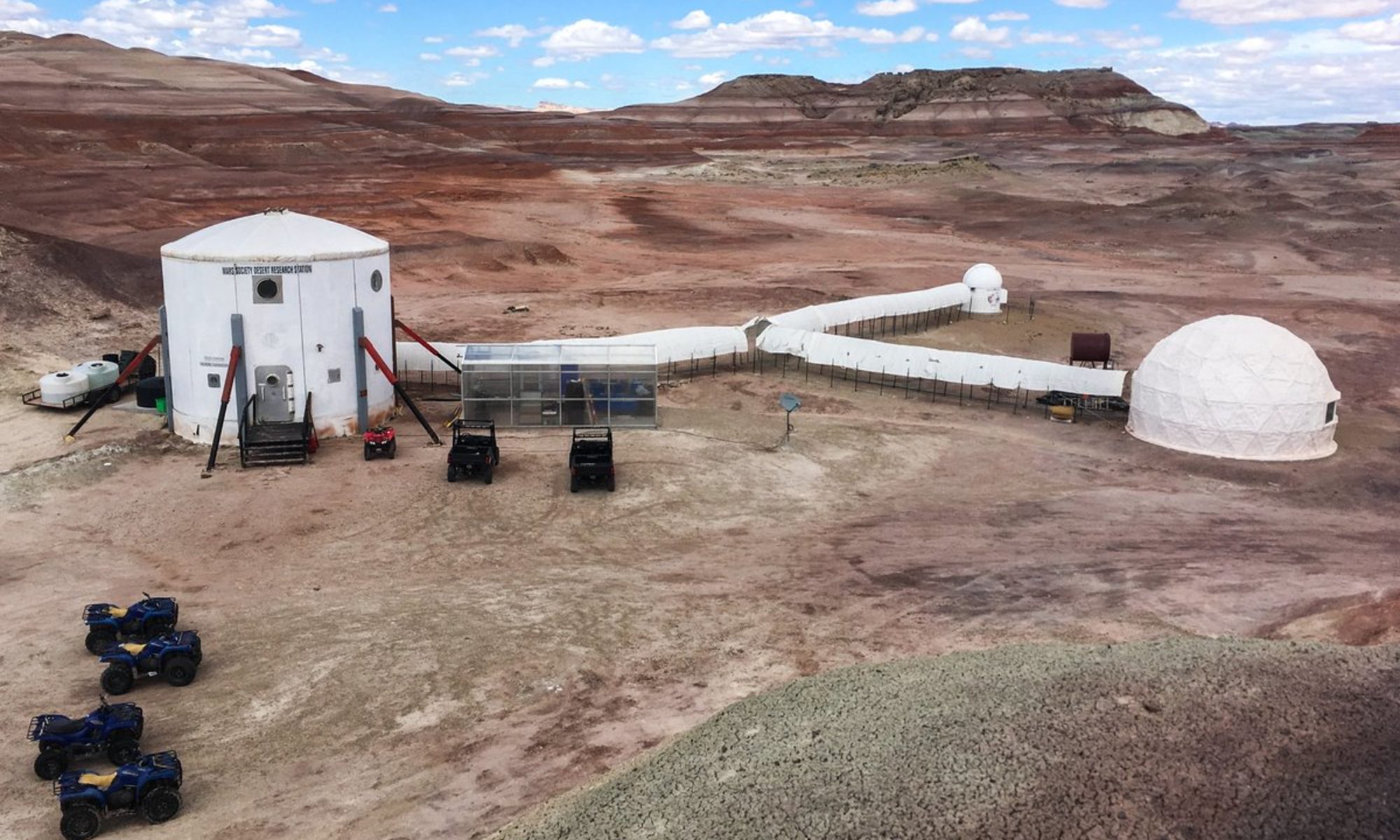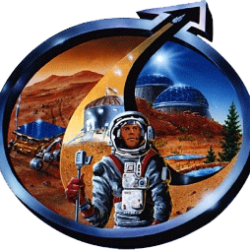Journalist ReportBy Arian Anderson
As we reach the sixth day of our Mars medical simulation course at the Mars Desert Research Station, fatigue and anticipation mingle in the air as we continue our mission to simulate medical emergencies and scientific exploration on the Martian surface. Today’s objectives focused on scoping a location for a future habitat, a critical step in our mission to lay the groundwork for sustained human presence on Mars. Utilizing a ground blast technique coupled with a seismograph to measure soil density, we sought to gather essential data to inform future habitat construction and ensure the safety and viability of our Martian outpost.
However, the day was not without its challenges. Our crew commander, tasked with leading the mission, succumbed to hypothermia, a stark reminder of the unforgiving nature of the Martian environment. As confusion set in, the commander began issuing incorrect instructions, jeopardizing the success of our mission. In a decisive moment, the deputy commander stepped in to assume leadership, ensuring that the team remained focused on meeting our objectives despite the unexpected setback.
In addition to the commander’s medical emergency, another crew member encountered a shocking incident when they accidentally received an (simulated) electrical shock from the rover, highlighting the inherent risks associated with operating advanced technology in extreme environments. Despite these obstacles, we persevered, drawing on our training and collective expertise to adapt to the challenges of Martian exploration.
As we reflect on the events of the day, a sense of weariness permeates the crew, signaling our readiness to return to Earth. The physical and mental demands of the mission have taken their toll, underscoring the importance of rest and recuperation in maintaining peak performance during extended space missions. As we prepare to conclude our time at the Mars Desert Research Station, we carry with us a wealth of experiences and lessons learned, furthering our understanding of the complexities of Martian exploration and reinforcing our commitment to advancing human knowledge beyond the bounds of our home planet.

